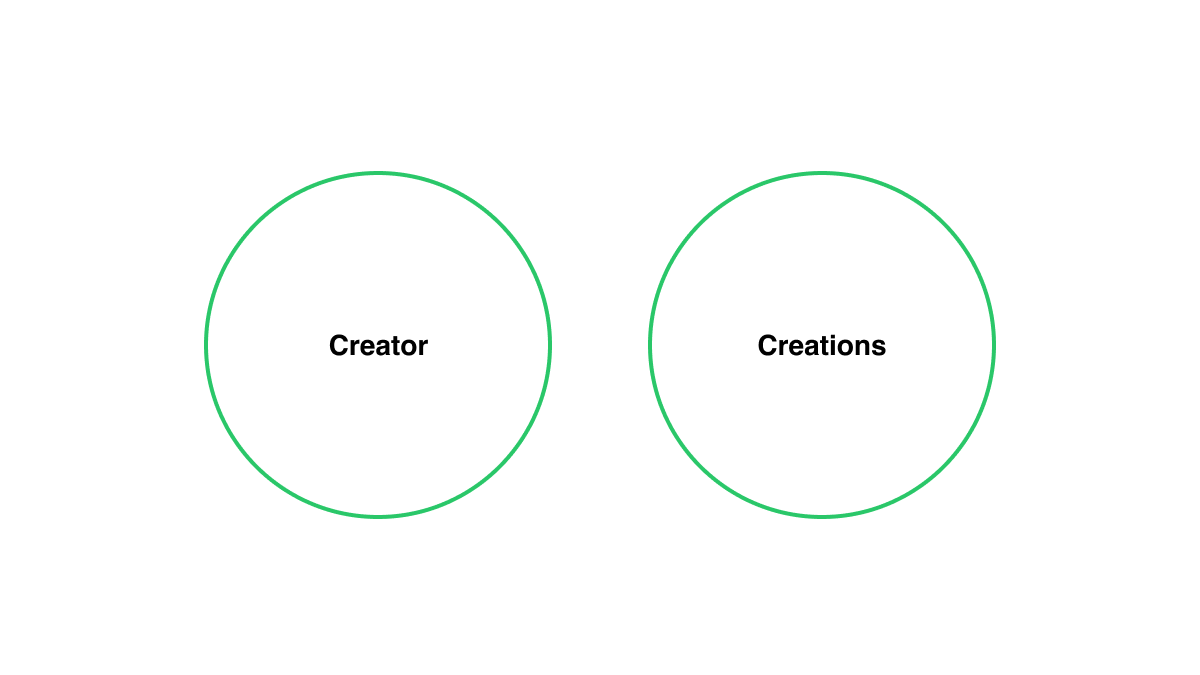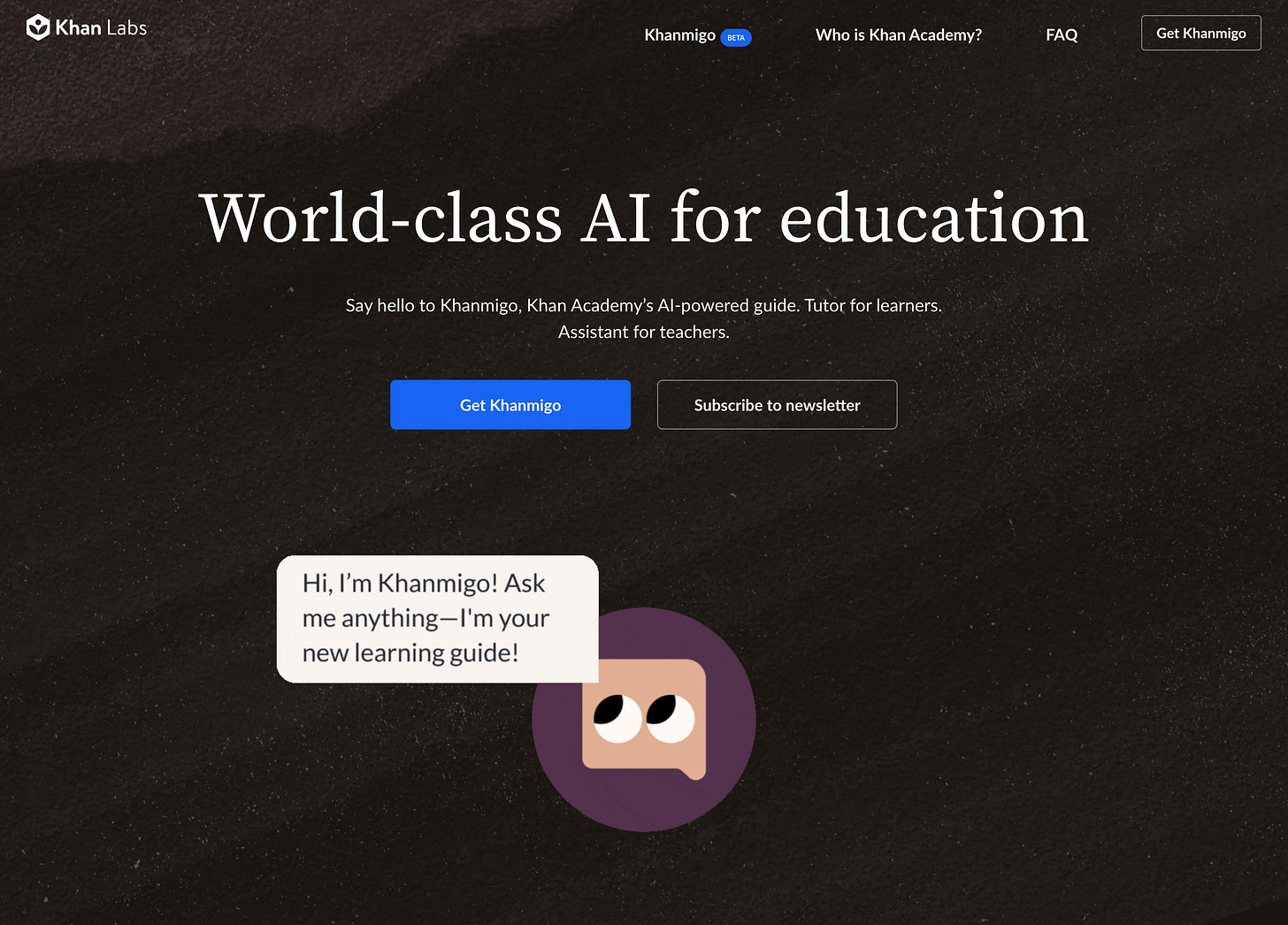Posture matters: rethinking feedback in Product Design
Navigating creative biases for collaborative success
As designers, feedback often hits harder than it should. Why?
We pour our hearts into our work.
We are emotionally attached to our creations.
Adjusting every corner, perfecting each shadow.
It's personal. But here's the catch: this attachment can backfire, blinding us to the true value of collaboration and growth.
Why?
I remember one of my school teachers at Strate vividly praising what I’m about to tell you (let’s call him Tom).
At the time, I partially followed Tom’s advice without much understanding. It was only later on that I understood what my teacher exactly meant and why it was, in my opinion, so critical to the psychology of a great designer.
I come from an Industrial Design background where we’ve been explicitly taught that we are not artists. We were always told that, contrary to some furniture designers or every artist, our creations could not be signed at the bottom right of the frame. We were precisely taught not to develop our egos with our designs.
Designers are not artists, then what?
Industrial Designers’ creations are made for production. Mass-manufacturing. Many people are involved in the process before and after our contributions.
And that’s the same for Product Designers in the software area.
Product Designers’ creations
We are naturally biased to appreciate something we’ve invested time and energy in, also called sunk-cost fallacy bias. Once we’ve invested time and energy, once everything is tight together, designers are satisfied.
But that’s when another bias comes into play, much more difficult to stop. The creator’s bias. When we tend to associate our creation with ourselves.
That’s when harsh feedback on our creations feels like a knife in our hearts.
Tom’s advise
Detach yourself from your creations
We are not our creations.
We are not what we create.
We are not what we put energy or focus on.
Tom’s taught me to separate my creations from myself and protect myself from any feedback I might receive. I was mentally equipped to iterate collaboratively on my creations.
Designer’s responsibility
Our creations impact the lives of many, be it Industrial Design or Product Design. It’s the Designer’s responsibility to be mentally equipped to ease the collaboration on ideas and creations so that iteration is seamless and constructive.
Get the proper mental framework
For years, I’ve been trying to build on Tom’s wisdom.
Reminding me every time I start to appreciate my work, alone behind my screen, that I’ve been trapped in my creator’s bias.
Reminding me every time I spend more than a day on my design, I’ve been trapped, again, in the sunk cost fallacy bias.
This is when, as Designers and Founders, you need to put the right mental models in place to make sure those natural biases can’t influence you.
Creating processes to share designs early on, encourage ideas, and welcome feedback on raw designs. By creating a safe space for people to share their work. And most importantly, by detaching yourself from your creations. You’ll be better equipped to do that difficult job of designing for people.
Key takeaways
Detach yourself from your creations
Trick your natural bias and share your design after one day of work maximum
Take feedback as a gift for your creations to get better
Detach yourself from your creations. (Did I say that already?)
By adopting this mindset, we open ourselves to growth, better teamwork, and designs that truly resonate with users. It's not about taking feedback less seriously but about taking ourselves less seriously in the design process.
This part of the newsletter is a place for you to access
the most valuable links I’ve found this month.
Product of the month
Khan Academy is a nonprofit that wants to make education free and accessible for all. Leveraging a fine-tuned version of GPT4 to act as a learning assistant, Khan AI “Khanmigo” is remarkable in supporting you in your learning.
This type of project should inspire us all to keep on leveraging AI technology to improve human intelligence (HI).
Nice to see you here
This newsletter is my attempt to create a place where we can learn, share, and grow in our journey of Design and Entrepreneurship.
Remember, this is your journey as much as it is mine. If you feel this isn’t what you’re looking for at any point, please feel free to opt out–there will be no hard feelings.
If you have any suggestions on how I can improve the format, reply to this email with your feedback, and I will personally reply to all emails.
Micka







